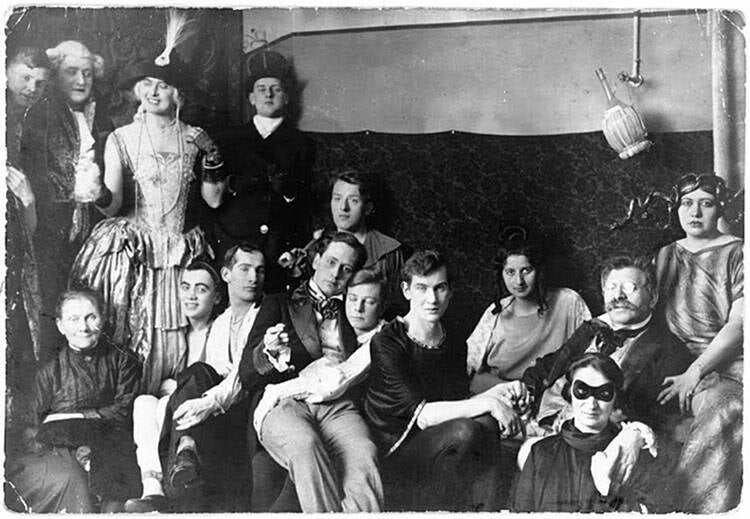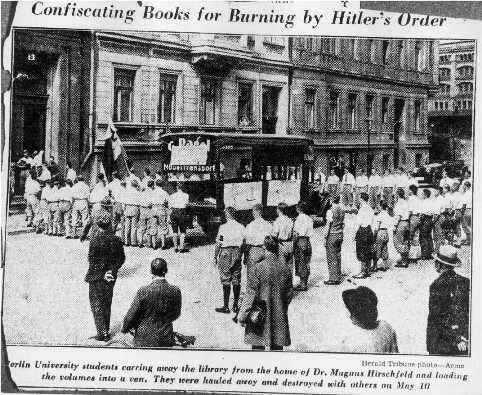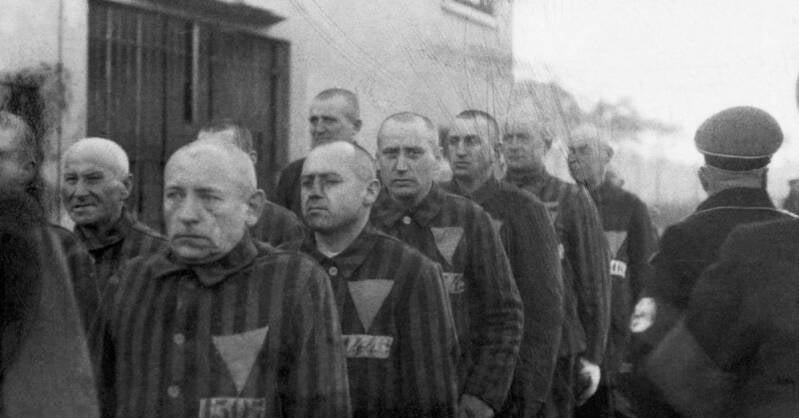Throughout this entire piece I will use the word queer as an umbrella term for the entire LGBT+ community. I am aware that not everyone likes this word, I personally decided to use it because it’s more inclusive than LGBT+. If this word is triggering to you, please click off now or proceed with caution.
I am working on an animatic to the song Farewell Kabarista by Vagabond Opera. On this website, I hope to tell you a little about the story the animatic will tell and the historical context it's set in, as well as give you a little sneak peak of what the final animatic will look like. The video next to this is the song the animatic will be set to.

In the 1920s, Berlin had a very open queer scene. Queer bars were technically illegal, but they were tolerated so long as there was no violence, which was very rare. There was a huge variety of queer bars and clubs in Berlin, for all different social classes. There was a lot of experimentation with gender expression and gender identity, many people came to queer parties in drag.
This is the setting for our story. It starts in 1928, in the Eldorado, one of the most famous gay clubs in Berlin at the time. A drag queen is performing while a man in a bowler hat watches. The two start chatting and dancing together, and slowly fall in love.









The drag queen's boyfriend is a gay man who works at the Institute for Sexual Science in Berlin as a researcher.
Founded by Magnus Hirschfeld, the Institute for Sexual Science was a safe place for queer people. More than 40 people worked there in many different fields: research, sexual counselling, treatment of venereal diseases and public sex education. They also researched the possibility of gender-affirming surgery and hosted the first ever gay organisation.


But as all good things, this too came to an end. In February 1933, the Nazi Party shut down all queer bars in Berlin, outlawed sex publications, and banned organised gay groups.
Early May 1933, the Institute for Sexual Science was attacked and all of its books were publicly destroyed. These books contained much information about gender-affirming surgery amongst other things, and vital information to the queer community was lost. Also stolen were the Institute's extensive lists of names and addresses. This forced many queer people to flee the country, others were sent to concentration camps or murdered.




Our two heroes also flee the country. They board a ship to America. In America, being gay is illegal, so they are forced back into the closet. They are very well aware that if anyone finds out about the nature of their relationship, they may lose their jobs.
But it's much better than the fate that would have awaited them had they stayed in Germany. During Hitler’s reign, many queer people (mostly gay men) were sent to concentration camps. There, they were tortured and treated as lesser beings, even by other prisoners. Many were castrated and some were used as guinea pigs in medical experiments. Others, the so-called “doll boys”, were raped by other prisoners, coerced by more food or protection from hard labour. Over 60% of gay men sent to concentration camps died there.





One day again the sun will rise
When fascist walls meet their demise
And topple into spring
And you and I shall raise our flags
In memory of those who died in drag
And for who we sing

Have you become interested in what I made?
You can watch the first 20 seconds of the animatic here:



Maak jouw eigen website met JouwWeb